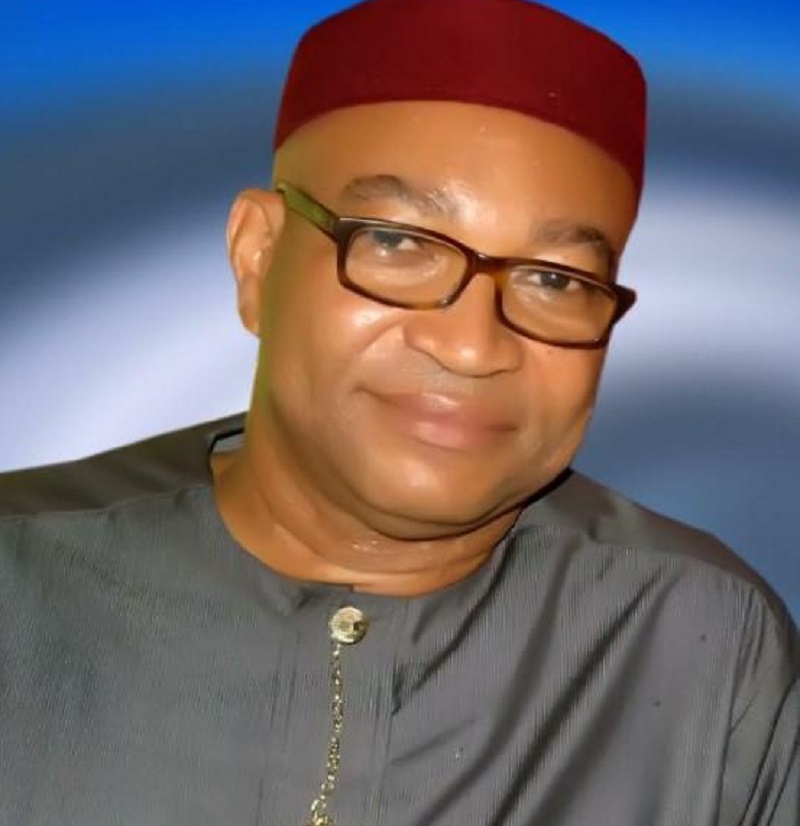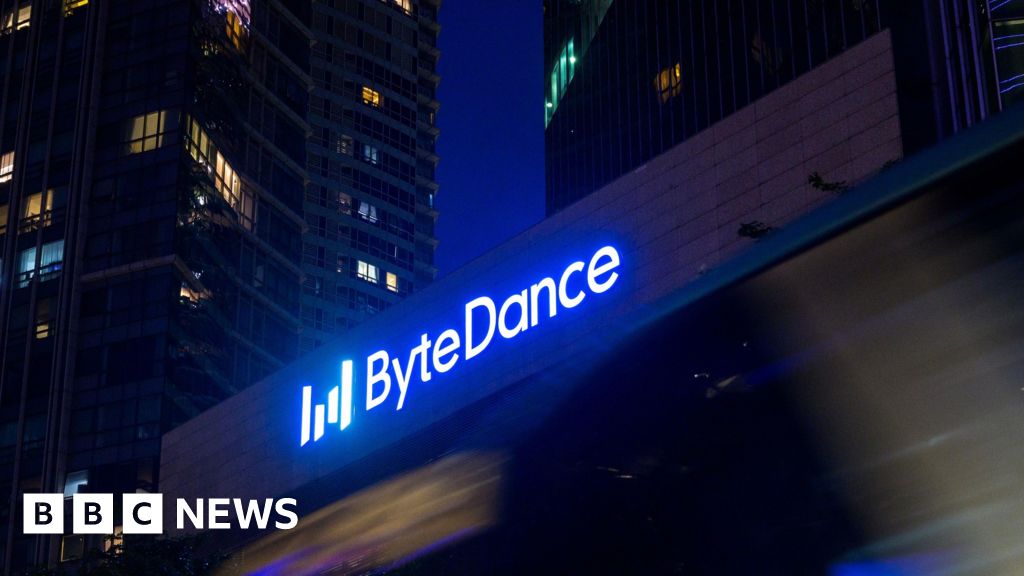Place your adverts here on InfoDig @ low rates; banner ads, sponsored links and guest articles etc. Contact us
 Winners of the third ECOWAS Cyber Security Hackathon competition.
Winners of the third ECOWAS Cyber Security Hackathon competition.The National Information Technology Development Agency (NITDA) and the Economic Community of West African States (ECOWAS) have partnered to equip West African youth with the skills necessary to secure the region’s cyberspace.
A regional cybersecurity hackathon, held in Abuja, Nigeria, showcased the talent and potential of young participants from across West Africa. The event aimed to identify and nurture cybersecurity experts to combat the growing threat of cybercrime in the region.
The NITDA director-general, Mallam Kashifu Abdullahi, represented by Oladejo Olawumi, underscored the importance of leveraging the creativity of young people to address cybersecurity challenges. He highlighted the need for countries to adhere to regional regulations and implement robust measures to protect critical institutions.
“The vibrant competition within the technology sector is encouraging. By harnessing the energy and creativity of our youth, we can effectively fight cybercrime and prevent them from engaging in criminal activities,” Olawumi said, reaffirming NITDA’s commitment to supporting future initiatives.
ECOWAS Commission president, Dr. Omar Touray emphasised the urgency of protecting the region’s cyberspace and the hackathon’s role in identifying and supporting talented individuals. He praised the collaboration between ECOWAS, NITDA, governments, private sectors and academia, which contributed to the event’s success.
The hackathon, now in its third edition, attracted participants from 12 West African countries. Teams competed for cash prizes and laptops, with Shell X Roots from Côte d’Ivoire taking first place and a $10,000 prize, M3V7R from Benin Republic placing second with $8,000 and Team ERROR from Nigeria securing third place with a $6,000 award. Each member of winning teams also received laptops.
A highlight of the event was the recognition of Hannah Bangoura from Sierra Leone as the Best Female Participant award, further showcasing the growing influence of women in the field of cybersecurity across West Africa.
In his opening remarks, Abdullahi commended ECOWAS for its commitment to regional unity in addressing cybersecurity threats. He noted that the hackathon symbolises the collaboration required among ECOWAS member states in combating increasingly sophisticated and transnational cyber threats. “Partnerships with relevant cybersecurity outfits and the development of global cybersecurity strategies are essential,” he added.
Abdullahi also emphasised the importance of providing opportunities for young talent to showcase their abilities, linking them to recognition, employment and growth in the cybersecurity sector. “The hackathon coincides with National Cybersecurity Awareness Month, during which we conduct extensive public education on trending cyber threats and how to stay safe,” he said.
This year’s hackathon saw the participation of 1,500 teams, including 139 led by female captains, with 1,362 female participants out of a total of 5,341. The event underscored the significant role women play in the region’s cybersecurity sector.
ECOWAS commissioner for infrastructure, energy, and digitalisation, Mr. Seido Douko welcomed the participants, commending their dedication to tackling cybersecurity challenges. He stressed the importance of innovation and collaboration in building a resilient cyber ecosystem for the benefit of all member states.
“This event is more than just a competition; it represents the collective contribution and creativity needed to foster innovative solutions that will drive meaningful change in our region,” Douko said.
The 30-hour ECOWAS Cybersecurity Hackathon brought together over 40 tech enthusiasts from 14 countries in the West African sub-region, offering a collaborative platform to combat cyber threats.
















 English (US) ·
English (US) ·